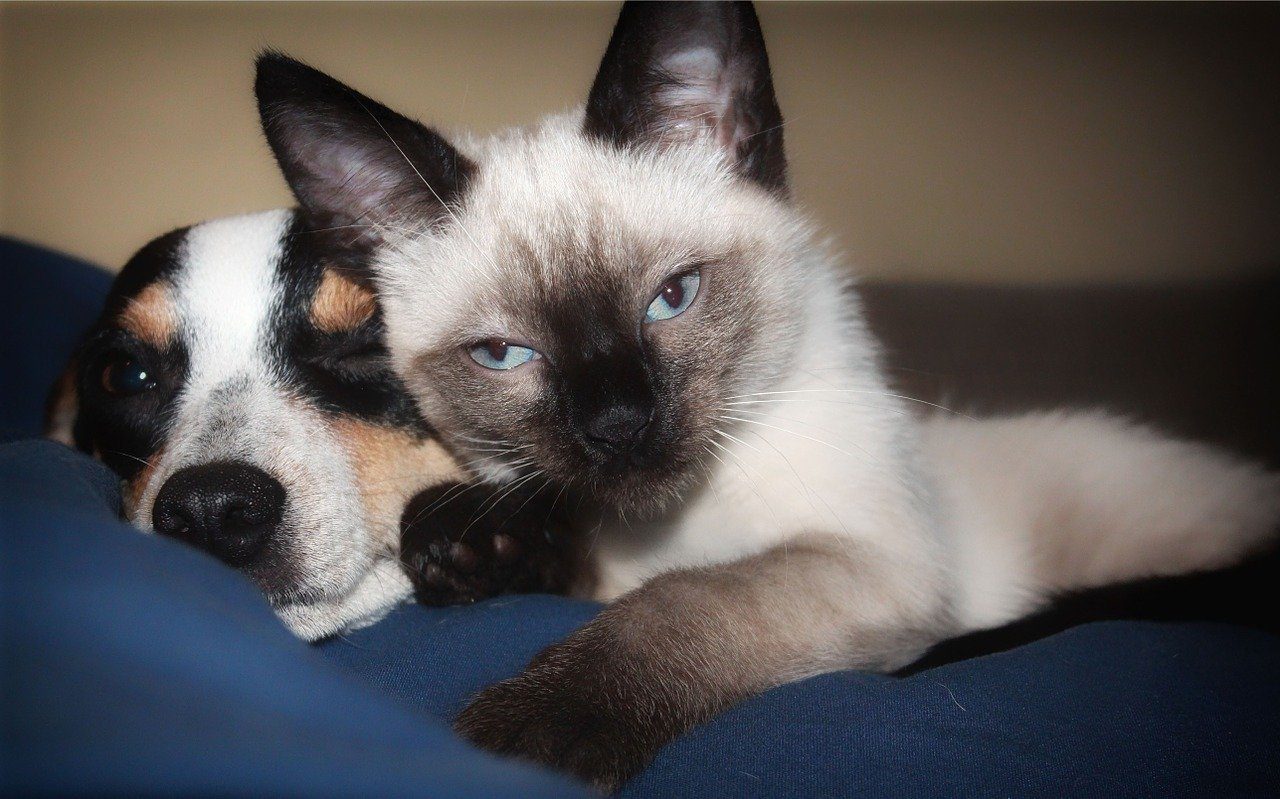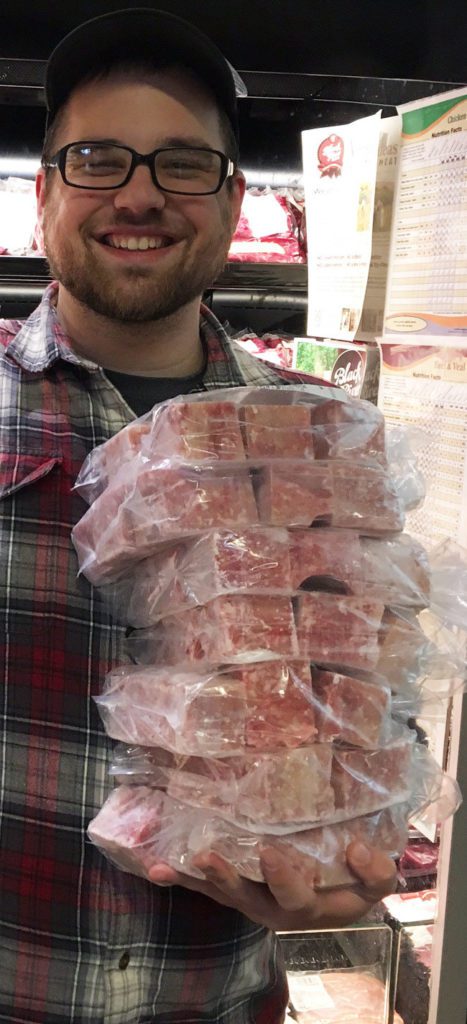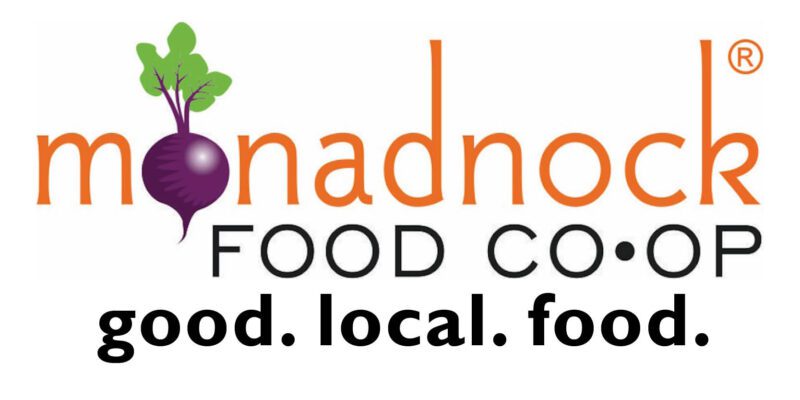Originally published in Four Legs & A Tail
 Back in the day, when there was no manufactured pet food, Fido and Felix ate what their humans ate (or what these pets hunted or scavenged on their own). Some pet owners still opt out of giving their pets manufactured food. Instead, they are preparing a homemade diet for their pet — hoping to avoid preservatives, toxins, and other unsavory ingredients.
Back in the day, when there was no manufactured pet food, Fido and Felix ate what their humans ate (or what these pets hunted or scavenged on their own). Some pet owners still opt out of giving their pets manufactured food. Instead, they are preparing a homemade diet for their pet — hoping to avoid preservatives, toxins, and other unsavory ingredients.
For our pets to live healthy long lives, it’s not as easy as cooking an extra serving of what’s on tonight’s family menu and adding that to your dog or cat’s food bowl. Pets have significantly different nutritional requirements than us and meeting these requirements can cost you significant time and money.
Many pet recipes call for precise measurements of each ingredient (making a digital scale a necessity) and must be followed exactly (no swapping ingredients if you’re out of something). Because of this commitment, pet owners may choose to supplement, instead of fully replacing, their pet’s diet with home-prepared food.
Whatever you choose to do, it’s best to consult with your vet and a vet nutritionist. Find out the best diet for your pet’s breed, age, activity level, and overall health. Be sure to research the types of fruits, vegetables, meats, and other foods your pet can eat and which to avoid (like onions, grapes, and raisins). If you go 100% homemade, you will also need to include vitamin and mineral supplements in your pet’s diet.
At the Co-op
 The Monadnock Food Co-op provides a large selection of fresh and organic fruits and vegetables for both you and your pet. Our meat department offers fresh choice cuts and organ meat ground to order, as well as frozen antibiotic-free and humanely-raised chicken. Purchase over 20 pounds of bulk food pet food in the meat department and receive a 10% discount.
The Monadnock Food Co-op provides a large selection of fresh and organic fruits and vegetables for both you and your pet. Our meat department offers fresh choice cuts and organ meat ground to order, as well as frozen antibiotic-free and humanely-raised chicken. Purchase over 20 pounds of bulk food pet food in the meat department and receive a 10% discount.
“A homemade diet remains a popular and potentially very healthy alternative or complement to the many premium foods on the market,” said Vet Nutrition Consultant, Catherine Lane. “However, research and planning are essential. Gather information from a wide range of sources, exercise a little caution, start slowly and don’t forget to check in with your vet or nutrition specialist regularly to be sure the diet hasn’t inadvertently drifted out of balance.”
We want to hear from you — do you feed your dog or cat homemade food? There’s a sea of conflicting information out on the world wide web — who do you trust? Please email us at [email protected].

